How our graduate and post-grad researchers have been working through the pandemic.
How our graduate and post-grad researchers have been working through the pandemic.
With the first school semester over and a new year to look forward to, we want to look back on the work of our graduate and post-grad researchers at the lab. This year has been a difficult year for many and at the CRL, it has meant a lot of changes to the way we usually do things. We'll be showing you what our researchers have been up to, how things have changed with COVID-19, and some tips on how you can better handle working in a remote landscape.
Sven
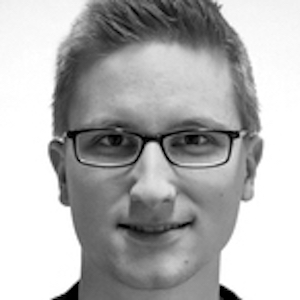
Sven joined the CRL in 2019 and is currently a Computer Science Ph.D. student. For Sven, one of the most fascinating aspects of continuum robotics is their compliance - the ability to safely move inside an environment without damaging it. Unfortunately, this compliance has its weaknesses, especially in tasks where the robot is required to exert a force on an object such as when pushing or cutting something. To maximize the benefits of continuum robots and mitigate this weakness, Sven is hoping to explore parallel continuum robotics (several continuum robots working together).
Namely, this research will involve tendon actuated parallel continuum robotics. He hopes that as a result of this research, he envisions a future where these robots could potentially be able to enter an environment from different entry points and then join together to perform a given task. This could have great use in minimally invasive surgeries or search and rescue operations.
This research was conducted using a bottom-up approach where mathematics and modelling guided the decision-making process. This method has proven to be very suited for the COVID-19 landscape as access to the laboratory has been restricted for the time being.
The actual technical aspects of Sven’s research haven’t changed as most of the work can be done at home. One aspect of this research is the use of a simulator to visualize and evaluate different robotics models for the intended robot.
Although his work hasn’t changed drastically, the dynamic has changed dramatically. Working from home, he has found it difficult to stay motivated. He also misses all the social interaction that the lab is known for, like coffee chats with his colleagues.
To alleviate these problems, Sven is a big proponent of getting a change of scenery and stretching his legs with a walk to feel more relaxed. He also tries to reclaim some of that missed interaction with virtual hang outs with friends, family and colleagues. And, most importantly, he reminds himself the advice that, Jessica, our director has given all of the members of the lab: to not to be too hard on yourself and to accept that it is normal to have days that are not as productive as you’re used to given the current situation.
Matthew

Matthew is pursuing a master’s degree in computer science at the University of Toronto. His focus is on use of tendon actuated continuum robotics in medical applications, particularly, in minimally invasive surgery. Currently, his work is on the laboratory’s tendon driven continuum robot called the Medusa, which was created by a former student at the lab. He aims to increase its functionality and features. On of these potential improvements is to use the multiple working channels in the robot to feed in different tools for use in surgery such as a scalpel. One of the intended applications of this robot and its new features is in abdominal endoscopic surgery.
Currently, however, the priority of the research is to transform the Medusa into a closed-loop system (giving feedback to the operator). To fulfill this, Matthew will be creating feedback channels to provide an operator a greater sense of understanding of the shape of the robot during use. This will be accomplished using a kinematic model of the Medusa, the use of a camera at the tip of the robot as well as an electromagnetic tracker known as the Aurora.
Like many others, the pandemic has provided some hurdles to this research, but fortunately, Matthew is quite adaptable. In his undergraduate studies, he had originally planned to pursue medical science but eventually took a huge turn and graduated with a BSc in electrical engineering. And now as a master’s student he is having to shift his focus again as he attempts to catch up on classes in programming to better understand his computer science courses.
As his coursework is mostly programming, the virus hasn’t impeded them much, however, the same can’t be said for his lab work. Due to the restrictions, he has not been able to visit the lab as much as he would like to work in person with the Medusa. But, he has been able to bring some pieces of hardware home to continue his research.
Matthew says that COVID-19 has also impacted his productivity by presenting him so many more ways to be distracted when working at home. This makes time management extremely important to him. He thinks that keeping strict schedules and goals is a sure-fire way to keep on track of what needs to be done. And rewarding yourself when you do a good job isn’t bad either!
In his free time, Matthew mentors undergraduate students and the advice that he gives them is the same that he tries to follow: to have a positive outlook on the current situation. One way he does this is by journaling at the end of the day, to keep track of the work that he got done and to be proud of what he’s accomplished rather than what he has missed out on.
Quentin
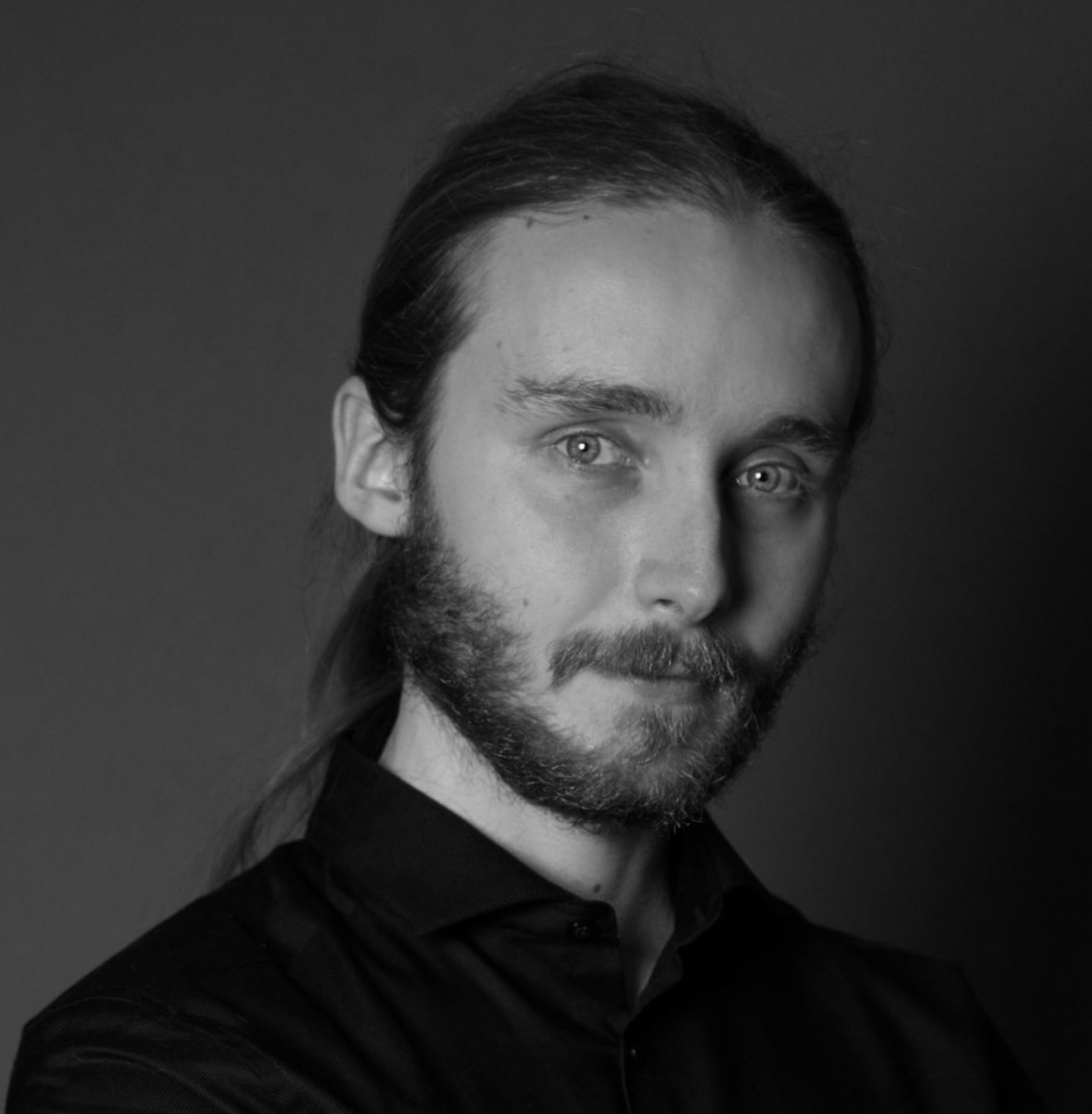
Quentin is a Postdoctoral Fellow at the lab. His research centers around the modelling and design of tendon actuated continuum robots. A large portion of his work has been in collaboration with some of the Graduate students at the lab. One of those projects was work with Reinhard to design a continuum robot out of origami. More recently, is his work with Priyanka and Sven to assess different modelling approaches for different design specifications of a continuum robot. This research involved using Euler curves to showcase the shape of a continuum robot in use.
Quentin recently joined the lab in March, so much of his stay has been during the current restrictions. Originally, he wanted to do experiments involving manipulating the hardware in the lab, but his focus has shifted entirely to modelling that can all be done at home with a personal computer, a piece of paper and a pencil. He was also slated to assist Dr. Burgner-Kahrs with the delivery of some of her courses, but, the shift to online schooling lightened the load and made that less necessary. Now, Quentin focusses mostly on his research and helping the graduate students through theirs.
Similar to Matthew, Quentin believes that a positive mindset is key. He feels extremely grateful to be healthy and able to work given that there are many people who are not as fortunate right now.
His advice for anyone working during this time would be to make sure that they spend time away from their work, especially if its work that they do not like or that is stressful! To alleviate that stress, he says to make sure to engage in activities that can do at home such as playing video games or an instrument. In his case, it’s the Violin. He also believes that interacting with friends online could bring back the human element that a lot of us are missing during this time. This is something that his fellow researchers seem to agree with this as on some Fridays, they meet to play video games together including Age of Empire.
Reinhard
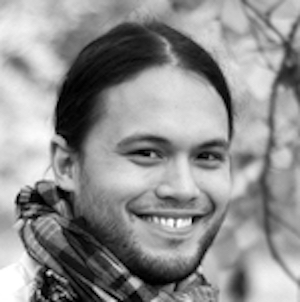
Reinhard is in his second year as a PhD student. Last year, he moved to Canada from Germany to pursue this program and a research position at the lab. The change in structure of his studies was initially jarring for him. In Germany, the dynamic of PhD studies is more of an employer-employee role where the focus is solely on the research, but now, in Canada he has had to shift some of that focus to his coursework.
At the lab, Reinhard works on the fundamentals of tendon driven continuum robots, exploring multiple elements of robotics such as: modelling, control, design, planning and sensing. He is especially interested however in the MetaBot, another of the robots created in the lab. He believes that it has fascinating properties but that aspects of its design and control could be improved to make the most out of it. To achieve this goal, he has already completed some research on how to extend the design of the robot. Reinhard believes that with a good design you get a good robot and with a good robot, you can get a better controller.
Reinhard misses having access to the state-of-the-art technology in the lab, from the computers to the continuum robots, to his favorite piece of hardware: the coffee machine. Unfortunately, superb coffee isn’t the only thing that Reinhard has missed out on this year. Similar to Quentin, he believes that tools like Zoom although very valuable in this time, miss out on the cross talk of face-to-face discussions and the ideas that could come of that.
For Reinhard, much of the issues with working from home is due to the fact that there is no longer a separation between where he works and where he relaxes. To get rid of this feeling, he has sectioned off areas in his house and assigning what should be done in those areas (studying, relaxing etc.). He recommends watching this video {link CGP}, if anyone would like to learn more about this technique and more tips on maintaining productivity during COVID.
Priyanka
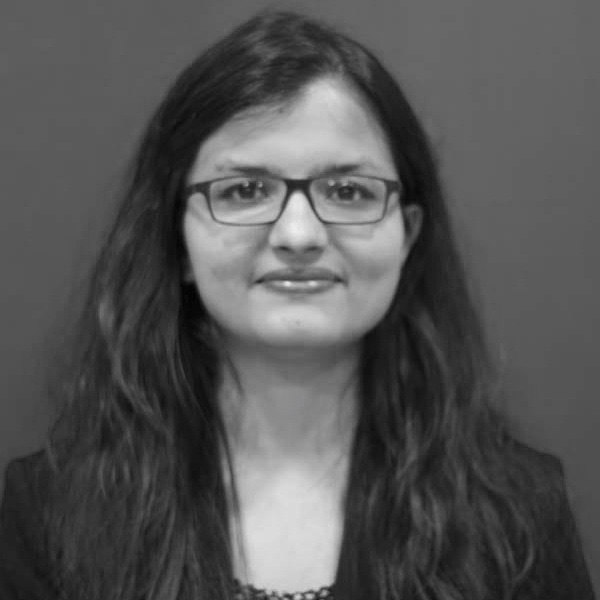
Priyanka I also a 2nd year PhD student working at the lab. As it is still early in her studies, she is still deciding on what her long-term focus will be. Her recent responsibilities have involved the modelling of tendon driven continuum robots. In these types of robots (as in all continuum robotics), it is difficult to determine how differently the robots will behave in practice from how they behave in simulations this is due to multiple factors from friction to tendon elongation).
The continuous backbone characteristic of continuum robots also provides an issue to these models, as to perfectly represent this backbone, the model would require an infinite number of parameters. On the other hand, if there is too much approximation the model will no longer be accurate. Priyanka’s current goal is to find that balance and determine the most appropriate models for these simulations. She will then hope to apply this efficient parameterization to other types of continuum robots.
Priyanka moved to Canada a year and a half ago and was excited to be in a new country and to explore it, but, lock-down had put a damper on those plans. The added stress of not being able to be with her family in person during such an unpredictable time has also been tough for her.
She has however, seen some benefits from the current situation. Her schedule is much more flexible as she doesn’t have to spend as much time commuting or rushing to catch a bus from Toronto to the Mississauga Campus where the laboratory is located. And, with more flexible work hours, the time difference between her and her loved ones in India is less of an issue, allowing them to chat more frequently. This interaction with loved ones is something that she credits to helping her to keep going and recommends that others should do the same.
Nan
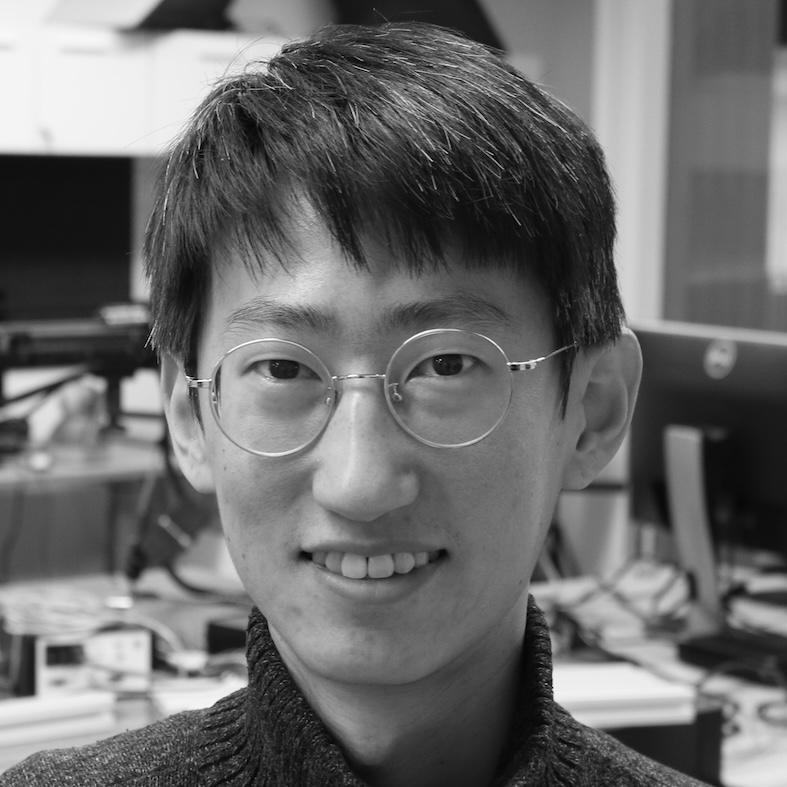
Nan is a 2nd year master student with the Mechanical and Industrial Engineering department (MIE) at UofT. He joined the lab in 2019 and is now finished his coursework for his program, meaning that his work is not entirely at the lab.
His research topic involves the use of machine learning in the modelling, sensing and control of continuum robots. His primary focus right now is using inverse kinematics to determine how to actuate the tendons to manipulate the robot into a desired shape.
Generally, Nan is doing well, but, the sudden change in daily routine took time to adapt to. Although there are frequent online meetings at the lab, it has been difficult working without the ability to do simple things like drawing something on a whiteboard or pulling a friend aside for a quick chat.
Even the albeit limited access to the lab has been more difficult as in the past there was a free shuttle bus for students to travel from the St. George campus to the Mississauga campus. Now, with in person schooling largely not in session, there is no shuttle and no longer a free and easy way for Nan to travel.
He thinks that seeking out more interpersonal interaction has helped him take his mind off the negatives of the situation and thinks that others should seek that out as well.
JongWoo

Jongwoo recently joined the CRL in September as a Post-doctoral fellow. He graduated last year and currently also works at another lab in the Sick Kids hospital.
Since then, he has been contributing on two projects. The first being on applying Deep Learning to control soft robots. This had potential to be very helpful as these soft robots have so many non-linear and complex ranges of motion that is difficult to manage and control.
His second project has been to apply laser patterning to the metal used to construct concentric tube continuum robots. This is done in an effort to change the properties of the metal so that the stability and safety of the tubes is greatly improved.
The bulk of this research relies on in-lab experiments which aren’t as possible. Some of JongWoo’s favorite pass times are working out or playing sports which has of course been impeded. This combined with the general stress of being in a lockdown has understandably been very taxing for JongWoo.
Fortunately, he is still able to get some social interaction as he still works at Sick Kids and the hospital never closes, allowing him to continue to work with and see his colleagues. He has also been keeping himself entertained by watching Netflix and calling friends and family from back home.
JongWoo recommends establishing a routine for life as now there is no rigidity to many people’s time schedule. Getting some structure and working at the same time every day could bring some of that structure and normalcy back. He also recommends trying to meet colleagues in person as much as the COVID guidelines allow to keep your motivation up. Talk to colleagues a lot and make sure to use things like Slack or Zoom to reach out for mental and work support.
We hope that reading about how our members have handled the pandemic could help you make this year better than the last!